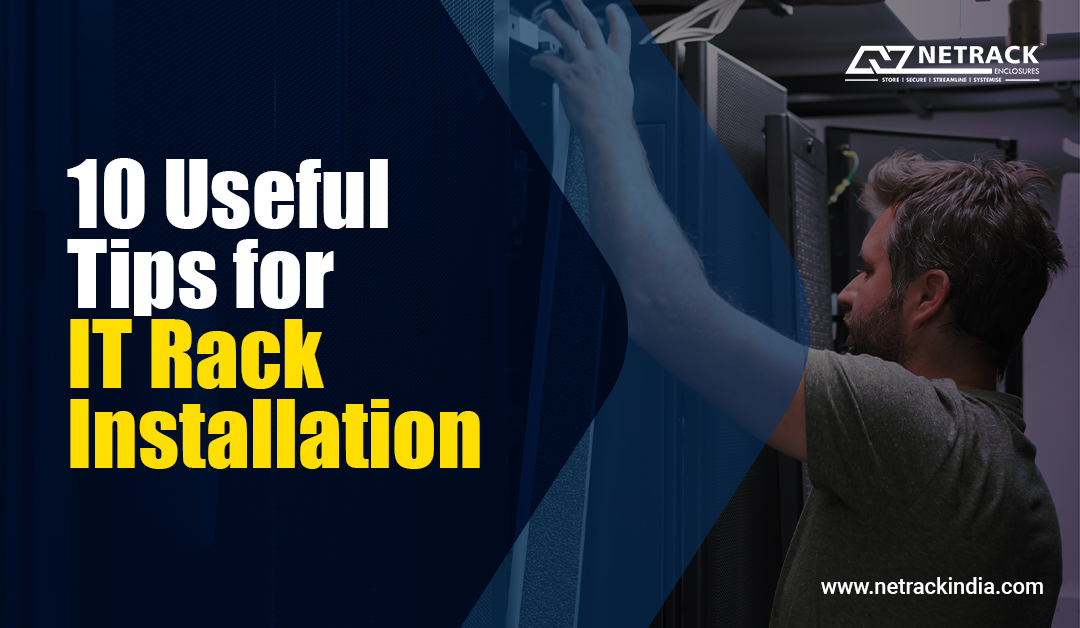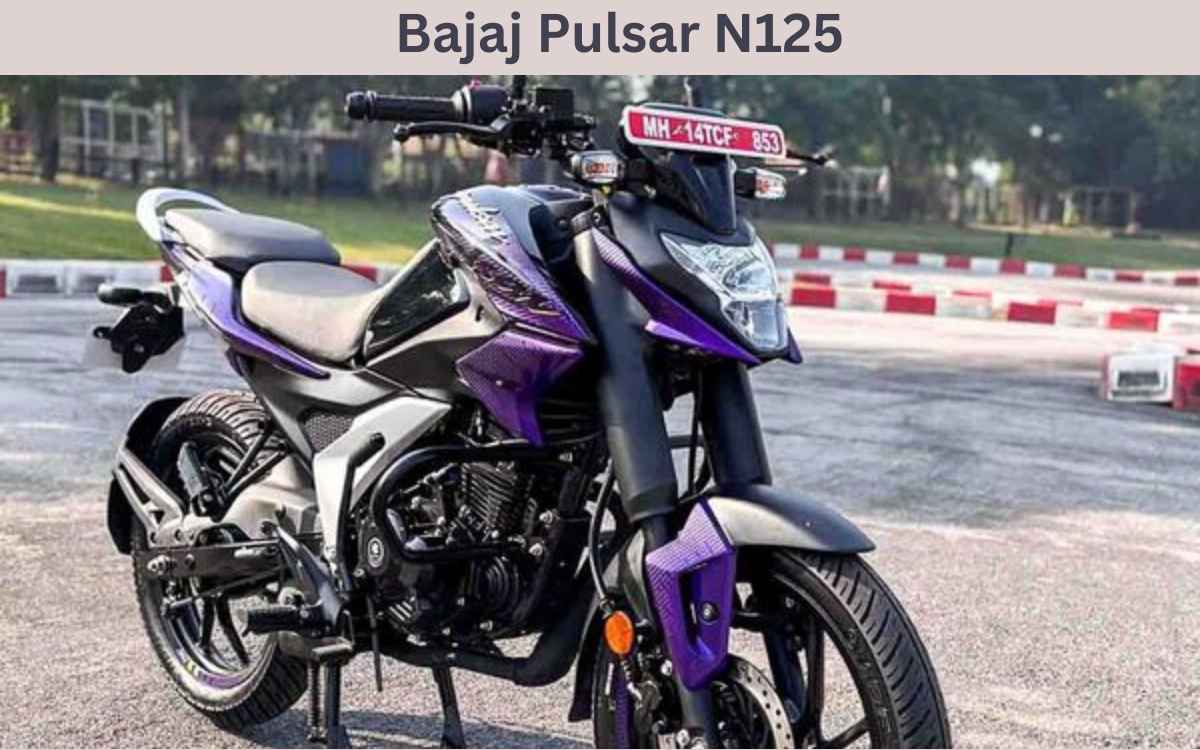10 Useful Tips for IT Rack Installation
The ever-increasing dependence on digital technologies and data-driven operations resulted in organizations needing a reliable and organized infrastructure to house their IT equipment. IT racks provide a standardized and scalable solution for organizing and securing critical IT components, enabling efficient management of data centers and server rooms. Importance of an efficient IT rack installation IT racks allow the consolidation of multiple IT components into a compact, centralized space. Organizations can optimize their physical space utilization and simplify infrastructure management by housing servers, switches, storage devices, and other equipment in a single rack. Properly designed IT racks facilitate efficient airflow and cooling mechanisms, such as front-to-back or cold-aisle/hot-aisle configurations, ensuring that the equipment operates within optimal temperature ranges. This helps prevent overheating and equipment failures, increasing reliability and reducing downtime. Apart from contributing to physical security by providing a controlled environment for IT equipment through lockable doors and side panels, IT […]

The ever-increasing dependence on digital technologies and data-driven operations resulted in organizations needing a reliable and organized infrastructure to house their IT equipment. IT racks provide a standardized and scalable solution for organizing and securing critical IT components, enabling efficient management of data centers and server rooms.
Importance of an efficient IT rack installation
IT racks allow the consolidation of multiple IT components into a compact, centralized space. Organizations can optimize their physical space utilization and simplify infrastructure management by housing servers, switches, storage devices, and other equipment in a single rack. Properly designed IT racks facilitate efficient airflow and cooling mechanisms, such as front-to-back or cold-aisle/hot-aisle configurations, ensuring that the equipment operates within optimal temperature ranges. This helps prevent overheating and equipment failures, increasing reliability and reducing downtime.
Apart from contributing to physical security by providing a controlled environment for IT equipment through lockable doors and side panels, IT racks also provide structured cable management features that allow for organized routing, bundling, and labelling of network and power cables. This promotes easy identification, troubleshooting, and maintenance, reducing the time and effort required for managing complex cabling infrastructures.
The above clarifies the criticality of IT racks; hence it is now essential to understand the factors one must consider before installing an IT rack suitable for a particular business.
10 useful tips for a simple and effective installation process
An IT rack, when installed poorly, can result in the inefficiency of the servers and equipment it is hosting. Hence before installation, careful planning and designing of the rack layout are essential while considering factors such as; equipment requirements, power and cooling needs, cable management, and future scalability.
- An even floor minimizes the risk of instability and potential damage to the equipment. Hence, checking the floor level ensures a stable and secure IT rack installation. Ensure that an accurate measurement of the floor level is obtained using a levelling tool. Depending upon the degree of unevenness the tool identifies, the issue must be addressed before proceeding with the installation.
- Proper rack frame alignment is crucial for the stability and structural integrity of the IT rack. Hence, it is essential to visually inspect the rack frame, including the vertical uprights and horizontal crossbars, for any visible signs of misalignment, such as gaps or uneven spacing between the components. This is essential to avail of the 19th-inch mounting option throughout the rack. If the rack frame is not aligned, it can jeopardize the stability, airflow, cable management, and overall functionality of the rack installation.
- By checking the rack door during installation, it can be ensured that it operates smoothly, provides proper security, maintains adequate ventilation, and protects the equipment housed within the IT rack.
- Proper bonding of rack components ensures electrical continuity and grounding. Hence it is essential to check connections between the frame, panels, shelves, and grounding points for secure and reliable grounding.
- Availability and proper installation of rack accessories such as; shelves, cable management panels, power distribution units (PDUs), blanking panels, and airflow management solutions are critical for efficient and organized IT rack installation.
- Ensure the availability and suitability of airflow management accessories such as blanking panels, brush modules, air seal kits, plinths, and containment solutions to ensure proper airflow management and optimize cooling efficiency in the IT rack installation.
- Check for sufficient power capacity, correct voltage, appropriate power distribution units (PDUs), proper grounding, and adherence to electrical safety standards and regulations.
- Proper server mounting is an essential part of the IT rack installation. Hence, the server must be mounted securely in the rack using appropriate mounting hardware, such as; rails or brackets, following manufacturer guidelines after ensuring proper alignment, spacing, and weight distribution for optimal server installation.
- Consider cable lengths, separation of power and data cables, cable management accessories, and labelling for easy identification and maintenance while planning the cable routing path. It will also help to maintain the flow of hot and cold air and keep the temperature under control.
- Verify the adequacy of the grouting material, proper filling of anchor holes, and curing time for maximum structural integrity since rack grouting ensures a stable and secure installation.
Last word
These are a few valuable tips that can streamline the IT rack installation process while minimizing errors and ensuring a simple and effective fitting of the IT equipment or components.
What's Your Reaction?






























